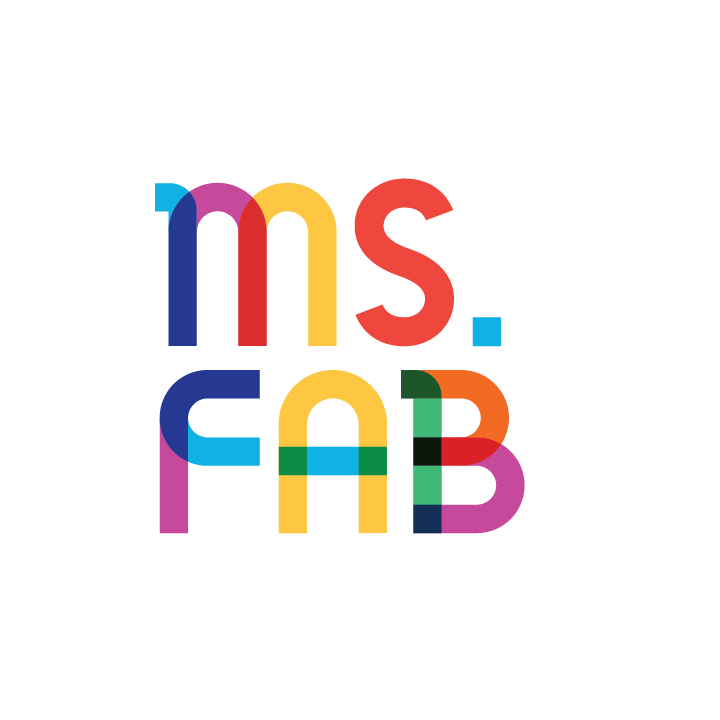Kids Crave Complexity
How do we help kids thrive in a world where profound uncertainty is not a bug but a feature?
99% of school work lacks complexity.
I was a teacher, I know.
We purposefully reduce the complexity of worksheets, tests, and assignments to something that is manageable—or “grade-able.”
Similarly, 99% of school is predictable.
We create schedules, procedures, and routines so kids know what’s next. They know that on Wednesdays they have Science homework, and on Fridays they have Spelling tests—multiple choice, four answers to choose from, only one is correct.
*yawn*
There are two big problems with this:
As soon as things become straightforward and predictable, they become boring
The real world is complex and unpredictable, much unlike school
Change and chaos are two of life’s very few constants, and we do kids a disservice by shielding them from complexity and making things predictable.
I saw this first hand in my classroom: my students were turned off by curriculum assignments that lacked complexity and that element of surprise.
And the moment things didn’t go according to the schedule: chaos. I’ll never forget the day I didn’t tell them about the fire drill in advance. The alarm went off, and my kids lost it.
Why didn’t you tell us about this?
Don’t we have Music class now?
Will we be back on time for recess?
ARE WE GOING TO MISS RECESS?
When will we finish the test?
Unexpected changes are always challenging for kids, but they are *particularly* overwhelming for kids who are not used to them.
If we want kids to get comfortable with uncertainty, we need to constantly switch things up.
If we want kids to learn how to think for themselves and persist in the face of a challenge, we need to expose them to complexity from a young age.
And here’s the most interesting part: While at first they may feel confused and overwhelmed (remember, we’ve trained them to do the opposite) kids soon get the hang of it and start to enjoy the ride.
You’ll notice that not only can kids handle complexity, they crave it.
And when you consistently inject an element of surprise into the learning process, suddenly the fear of not knowing what’s next becomes a source of excitement and engagement.
I saw this dynamic at Synthesis this week. Referring to the learning program, which is based on collaborative, complex games, one of the kids shared:
“My favorite thing is that we never know what to expect. Even when we think we know what we have to do, we don't. They are always changing the rules and the maps. We have to figure it out. That’s why it’s so fun."
These are the kinds of learning experiences that help kids develop the instincts, cognitive tools, and collaboration skills to deal with complexity in the real world.
I explore ideas like this in Fab Fridays, my newsletter on childhood education and new ways to learn.
Subscribe below!

